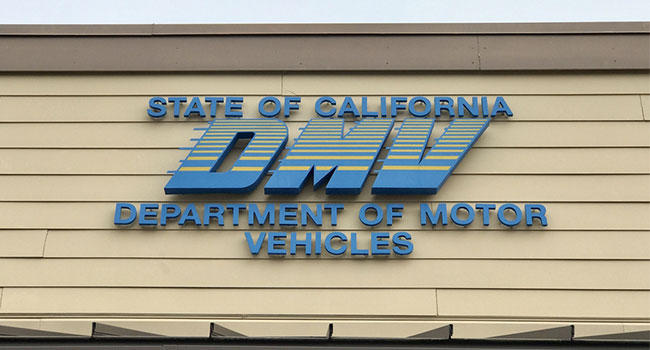
California DMV Data Breach Allowed Social Security Information of Thousands to Be Improperly Accessed
The DMV, already besieged by other issues, says that 3,200 license holders had their data improperly exposed to federal agencies, including immigration authorities.
- By Haley Samsel
- Nov 07, 2019
Facing problems ranging from long wait times to staffing and management issues, the California Department of Motor Vehicles announced Tuesday that it has also suffered a “data breach” that allowed federal agencies to improperly access Social Security information of 3,200 people in the state.
Immigration authorities were among the agencies who had access to the Social Security information, including if a person issued a license did not have a Social Security number, The Los Angeles Times reported. The information was disclosed through the Government Requested Code Account Program, which allows those agencies to access DMV information but only “for limited purposes under state and federal law,” according to CNN.
Seven agencies, including the Department of Homeland Security, the Internal Revenue Service and district attorneys in San Diego and Santa Clara Counties, accessed the information over the past four years.
After discovering the “breach” on Aug. 2, the DMV cut off access to the information. No hacking was involved, and private individuals were not given access to Social Security information, according to the DMV’s spokeswoman Anita Gore.
“Protection of personal information is important to DMV, and we have taken additional steps to correct this error, protect this information and reaffirm our serious commitment to protect the privacy rights of all license holders,” Gore told the Times. “That’s why DMV immediately began correcting the access error following a legal compliance review, ensured that no additional confidential information was disclosed to these entities, and has implemented several additional layers of review.”
The situation is further complicated by the fact that beginning in 2013, the DMV has issued driver licenses to people in the U.S. illegally who can provide proof of identity and California residency, according to the Times. At the time, government officials said that the information of license holders in the country illegally would not be shared with federal immigration authorities.
The DMV said that 83 of the license holders who had information accessed by federal agencies did not have proof of legal presence in the United States. Other Californians had their information accessed as part of tax and child support investigations.
In total, the San Diego and Santa Clary district attorney offices were responsible for improperly accessing the data of about 3,000 license holders. All people affected by the breach have been notified by the DMV.
Tim Erlin, the VP of product management and strategy at cybersecurity firm Tripwire, said that many breaches are not the result of malicious attacks, but a “consequence of misconfigurations.”
“In these cases, there’s no stereotypical ‘bad guy’ to arrest, but often a group of well-meaning, but overworked and under-skilled staff that either couldn’t keep up or just didn’t know any better,” Erlin said. “Finding and addressing misconfigurations can be automated, but you have to start with an understanding of how the systems should be configured in order to measure how they differ from that desired state.”
About the Author
Haley Samsel is an Associate Content Editor for the Infrastructure Solutions Group at 1105 Media.